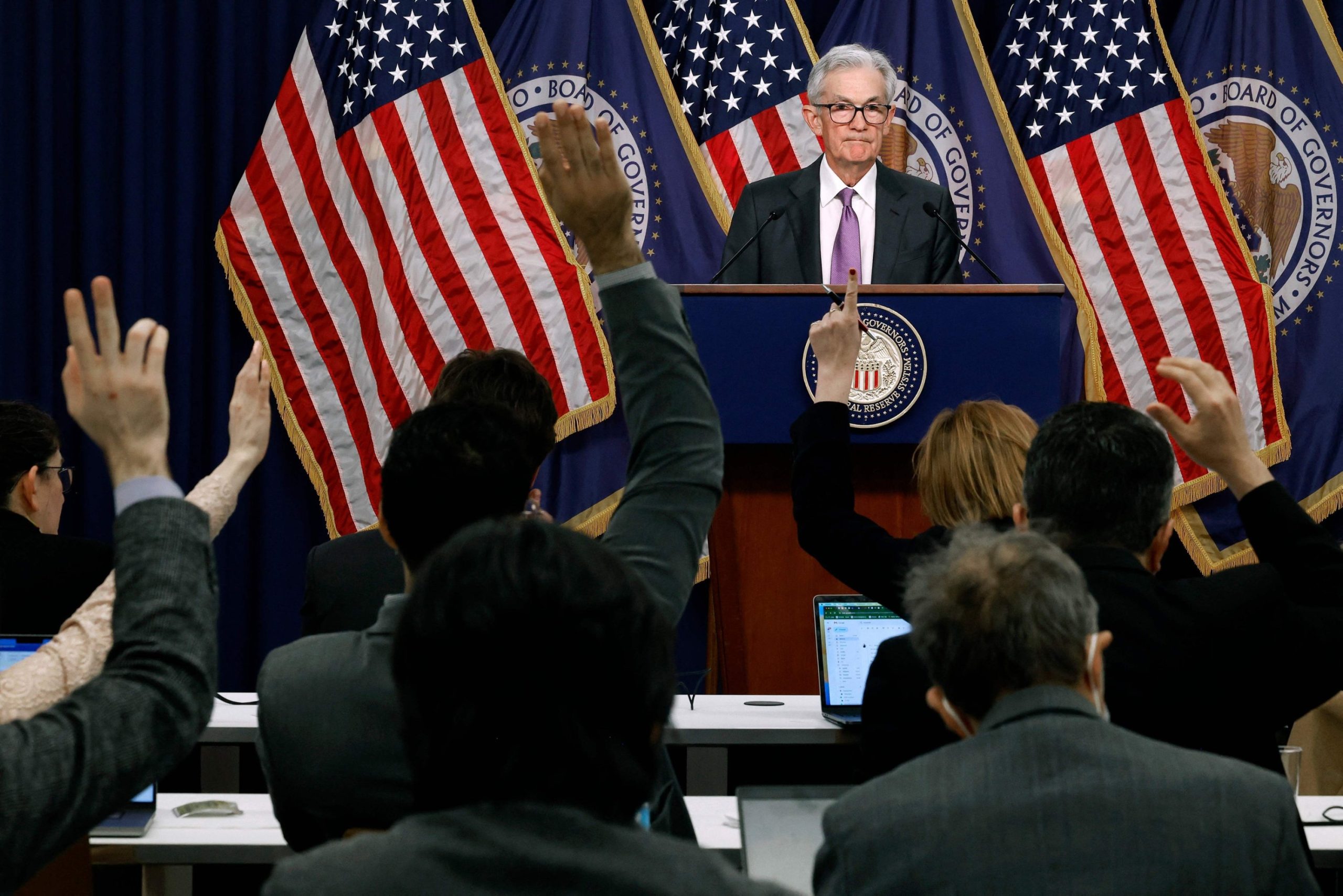In the United States, employers added over 300,000 jobs last month, marking the largest increase in nearly a year and reflecting the ongoing economic boom in the world’s largest economy.
According to the Labor Department, the unemployment rate dropped to 3.8%, with sectors such as healthcare, construction, and government contributing to job growth.
This robust job creation surpassed economists’ expectations of around 200,000 new jobs and may influence the timing of potential cuts to US interest rates.

Analysts had anticipated rate cuts to mitigate a slowdown caused by high borrowing costs, but the stronger-than-expected economy has led to reconsideration.
“The blockbuster 303,000 increase in non-farm payrolls in March supports the Fed’s position that the economy’s resilience means it can take its time with rate cuts, which might now not begin until the second half of this year,” remarked Paul Ashworth, chief economist at Capital Economics.

However, inflation has since moderated, reaching 3.2% in February without a corresponding spike in unemployment.
Government spending in sectors like high-tech manufacturing and infrastructure, along with an influx of over three million immigrants last year, has bolstered the labor market and potentially suppressed wage growth, allowing the job market expansion to proceed without stoking inflation.

Although President Joe Biden celebrated the latest job figures as a “milestone in America’s comeback,” Sophie Lund-Yates, lead equity analyst at Hargreaves Lansdown, cautioned that robust job growth could impede efforts to return inflation to the Fed’s 2% target.
She suggested that the economy’s vigor might necessitate sustained higher interest rates to manage excess energy. Some analysts predict rate cuts may not occur until 2025.
Higher US interest rates have a global impact, attracting investors to the US and away from other economies.
Lund-Yates emphasized that while the Federal Reserve may consider rate cuts, caution is warranted as economic indicators still signal potential challenges ahead.







Leave a Reply